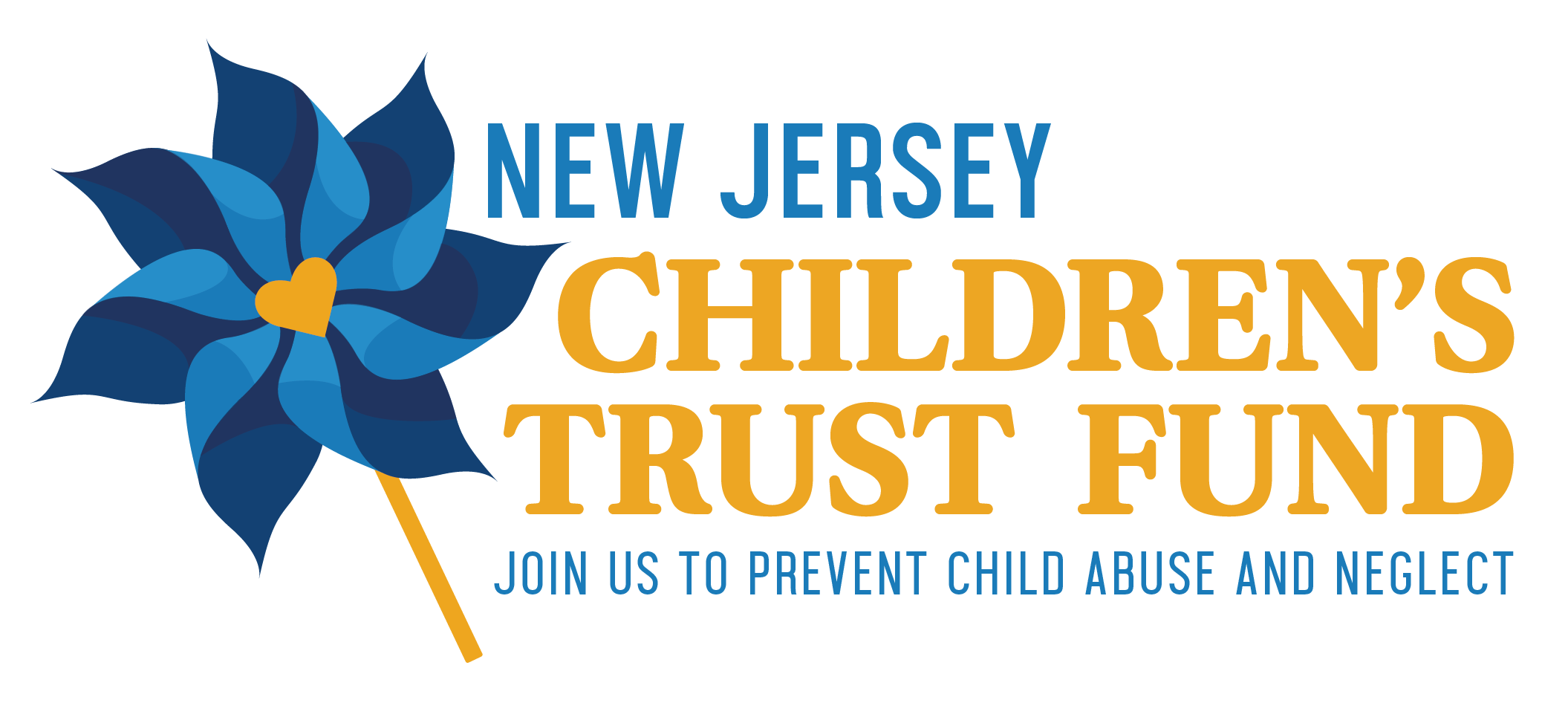• screen time – the amount of time spent looking at a screen, be it a phone, computer, tablet, or television (Muppalla et al., 2023)
• technoference – interference in relationships due to screen time, especially when devices like cell phones interrupt face-to-face interactions (Mackay et al., 2022)
• phubbing – ignoring someone in a social setting by being on your phone; “phone snubbing” (Capilla Garrido et al., 2021)
• attention residue – the lingering of one task in your mind while trying to focus on another, like thinking about your phone while spending time with your child; can lead to disengagement in the activity (Newton et al., 2019)
• social norms – accepted standards or behaviors within a society or group; regarding this campaign, relates to how phone use is perceived in family interactions (Sisk et al., 2020)
• aspirational norms – standards or behaviors that individuals or families strive to adopt as ideal, even if they are not always practiced consistently (Sisk et al., 2020)
• micro-moments – brief interactions or exchanges between a parent and their child that act as building blocks for connection; tender moments which can be missed if frequently interrupted by screens (Lareau & Rao, 2020)
• serve and return – metaphor for responsive and interactive parenting which has positive effects on the child’s brain development; examples include sticking your tongue out when your toddler sticks out theirs, joining your teenager in singing a song when they are humming a tune, stopping to smell a flower bush when your child points at them and says they are pretty; the serve and return is disrupted by parental immersion in their cell phones (Komanchuk et al., 2023)
• mindful parenting – an approach to parenting that emphasizes presence in the current moment with your child, emotional awareness and connectivity, and attention to needs without digital distractions (Lippold et al., 2022)
• device-free zone – designated areas or periods of time in a home where device use is not allowed, promoting face-to-face interactions
• health literacy – the ability to find, understand, and use information related to health and well-being to make informed decisions
Top ^






